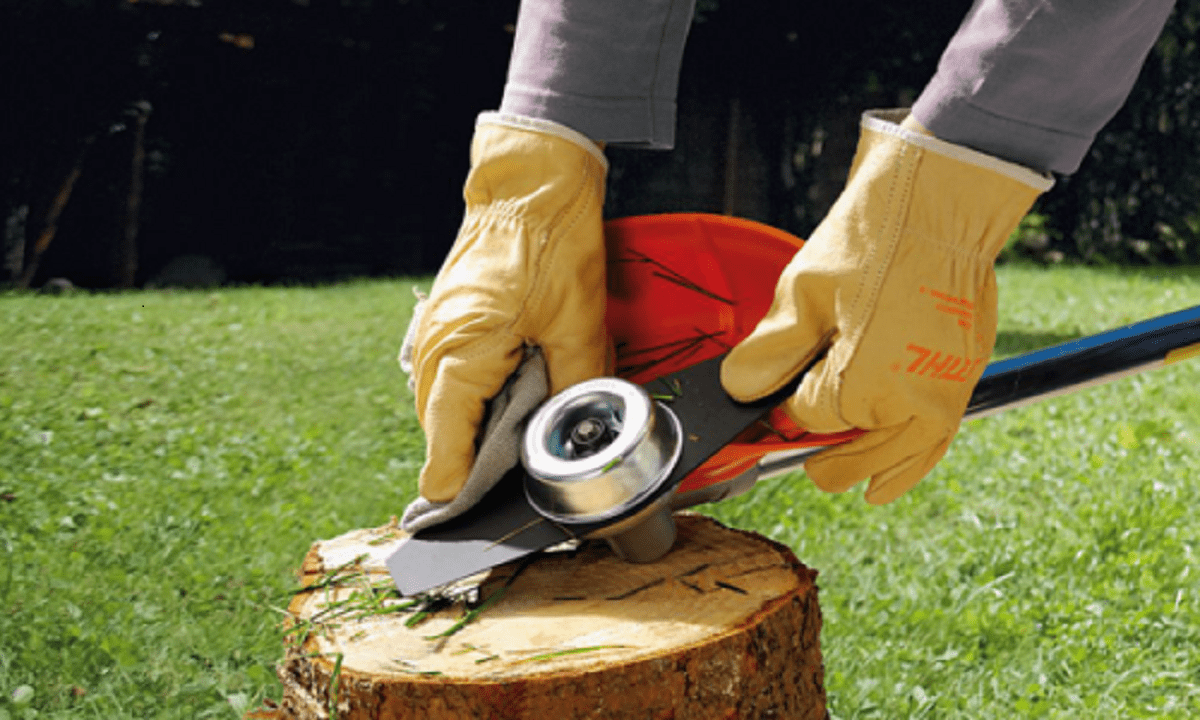Farming is an intricate dance with nature, requiring meticulous planning and execution to ensure a bountiful harvest. While many factors contribute to a successful farming operation, routine maintenance stands out as a key element in preserving productivity on the farm. In this blog, we will explore the significance of regular upkeep for agricultural equipment, infrastructure, and overall equipment farm tools.
- Maximizing Equipment Efficiency:
Agricultural machinery is the backbone of modern farming practices. Tractors, plows, harvesters, and other equipment play a pivotal role in ensuring efficiency and productivity on the farm. Regular maintenance, including oil changes, filter replacements, and thorough inspections, can prevent breakdowns and extend the lifespan of these costly assets.
Properly maintained equipment not only performs optimally but also reduces the risk of unexpected failures during critical stages of the farming cycle. This, in turn, contributes to a smoother workflow, allowing farmers to focus on tasks that require human intuition and expertise.
- Optimizing Crop Yield:
Crops are the lifeblood of any farming operation, and their success is closely tied to the health of the soil. Routine maintenance practices such as soil testing, nutrient management, and pest control are crucial for sustaining soil fertility and ensuring optimal crop yields.
Regular soil testing helps farmers understand the nutrient levels in their fields, allowing for targeted fertilization strategies. Additionally, pest and weed control measures, when consistently applied, safeguard crops from potential threats that could compromise yield. By implementing routine maintenance practices for soil health, farmers can create an environment conducive to robust plant growth and higher productivity.
- Infrastructure Integrity:
Beyond equipment and crops, the farm’s infrastructure also requires regular attention. Fences, barns, irrigation systems, and other structures must be inspected and maintained to withstand the elements and ensure the safety of livestock and equipment.
Neglecting infrastructure maintenance can lead to costly repairs and, in extreme cases, compromise the safety and well-being of farm inhabitants. Regular inspections and preemptive repairs contribute to the longevity of structures, preserving the farm’s overall functionality and productivity.
- Financial Sustainability:
While routine maintenance incurs upfront costs, the long-term financial benefits cannot be overstated. Preventive measures reduce the likelihood of major equipment failures, crop losses, and infrastructure damage, saving farmers from the often more significant expenses associated with emergency repairs or replacements.
Investing in routine maintenance can be viewed as a strategic financial decision that enhances the farm’s sustainability. By avoiding unplanned expenses and optimizing resource utilization, farmers can allocate resources more efficiently, contributing to the overall economic viability of their operations.
